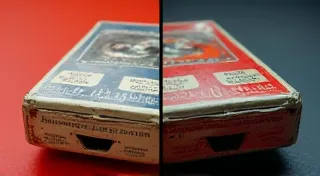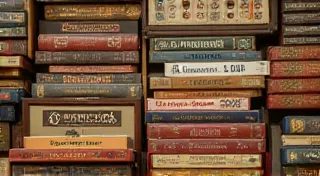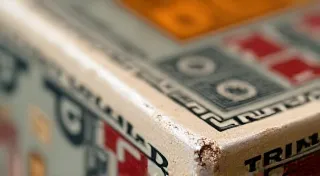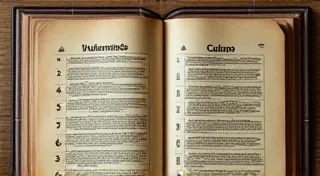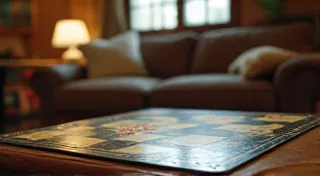Coping with Damage and Restoration: Preserving Your Vintage Board Games
The thrill of game collecting often comes with the realization that many vintage board games, especially those prized for their rarity, have weathered decades of use and storage. This inevitably leads to damage – torn boxes, faded artwork, missing pieces, and worn game boards are all too common. While the impulse to "fix" these issues is understandable, approaching restoration with caution is crucial. Improper restoration can significantly diminish a game's value and impact its collectibility. This guide explores responsible methods for dealing with damage to your vintage board games, emphasizing preservation over cosmetic perfection.
Understanding the Value of Imperfection
Before considering any restoration work, it's vital to understand that a game’s perceived value isn's always about its pristine condition. For serious game collecting, originality and authenticity are paramount. Wear and tear, while unsightly, can be evidence of a game’s history and authenticity. A box with a small tear from being pulled from a shelf might tell a story about its past ownership, adding to its charm and (sometimes) even its value. A game that appears *too* perfect can raise red flags for experienced collectors – a sign of potential repair or even a reproduction.
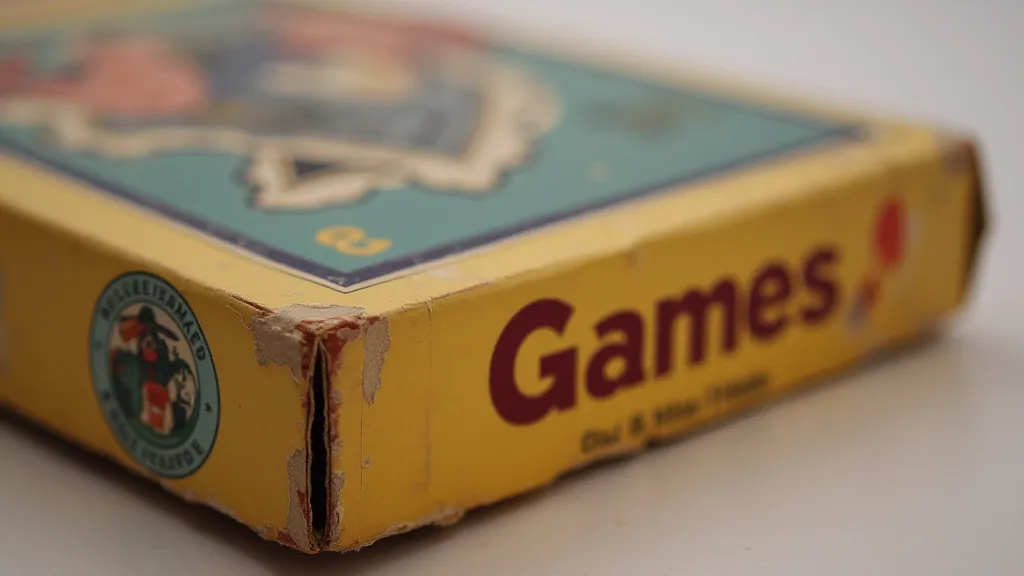
Common Damage and Responsible Responses
Let's examine some typical forms of damage and strategies for dealing with them responsibly:
Box Damage
- Tears and Creases: In most cases, attempting to repair tears or significantly flatten creases will damage the box further. The best approach is often to carefully stabilize the existing damage with acid-free tape on the inside* of the box. Avoid glues and strong adhesives.
- Fading: Faded artwork is a natural consequence of aging. There's no reliable way to restore faded colors without using harsh chemicals, which would almost certainly reduce the game's value. Accept the faded appearance as part of the game's history.
- Missing End Flaps: Missing end flaps are a common problem. While a skilled paper restoration expert *could* recreate missing flaps, the result rarely looks authentic and often diminishes the value. If possible, document the missing flaps with clear photographs.
Game Board & Card Damage
- Fading & Staining: Similar to box artwork, faded or stained game boards and cards are best left as they are. Trying to clean or restore them is likely to cause irreversible damage.
- Tears & Holes: Small tears and holes in cards can sometimes be repaired with acid-free archival tape, applied carefully to the back of the card. Larger damage is best documented with photos.
- Worn Game Pieces: Missing or heavily worn game pieces often detract from value. While replacement pieces are available, using non-original pieces will significantly decrease the game’s collectibility.
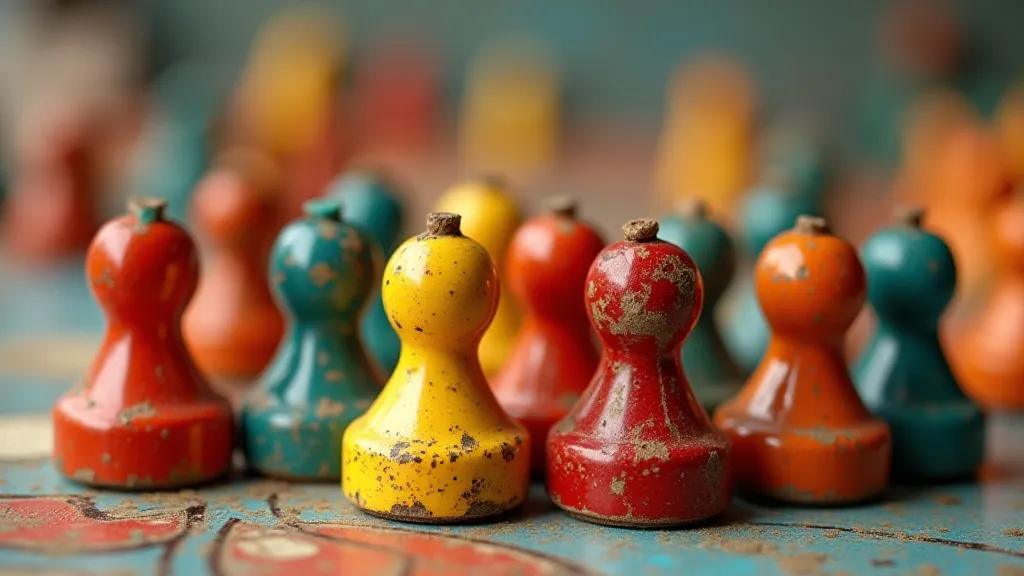
Documentation is Key
Regardless of whether you choose to take any action, meticulous documentation is crucial. Take high-quality photographs of all damage – box flaws, board imperfections, and card issues. Keep records of the game's history, if known, including its provenance (ownership history). This information adds context and can increase its value, even if the game isn’t in perfect condition.
Seeking Professional Help (With Caution)
In rare cases, minor repairs by a qualified paper restoration expert *might* be considered. However, thoroughly research the expert’s experience and reputation, specifically regarding vintage board games. Obtain a written assessment and quote *before* any work is undertaken, and ensure the expert understands the importance of preserving originality. Be wary of anyone promising miraculous restoration – a skilled professional will emphasize preservation, not perfection.
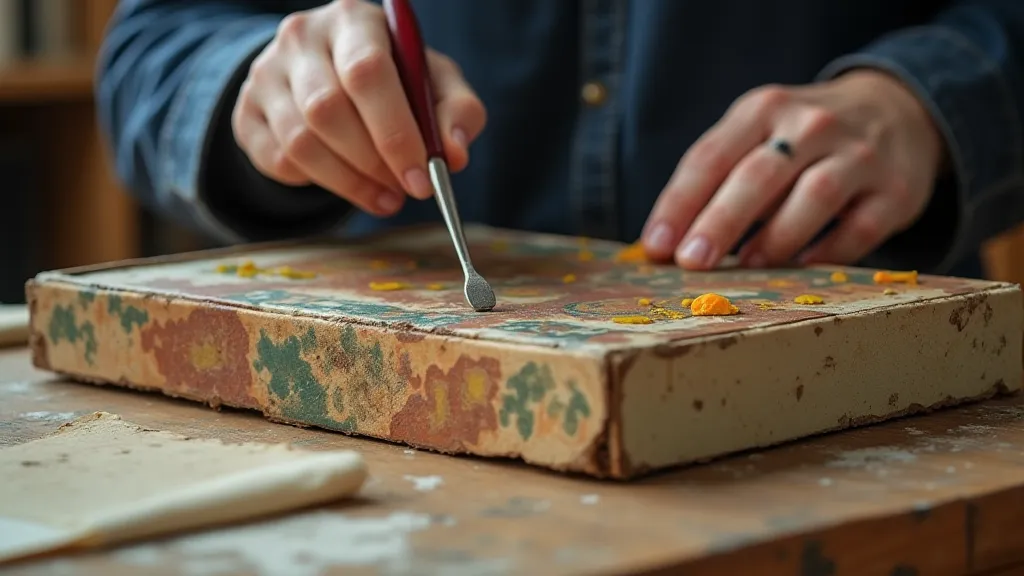
Prioritizing Preservation
Ultimately, responsible game collecting emphasizes preservation over cosmetic restoration. Accept the quirks and imperfections that tell a game’s story. By understanding the impact of restoration and prioritizing originality, you can protect the value and legacy of your vintage board game collection.
